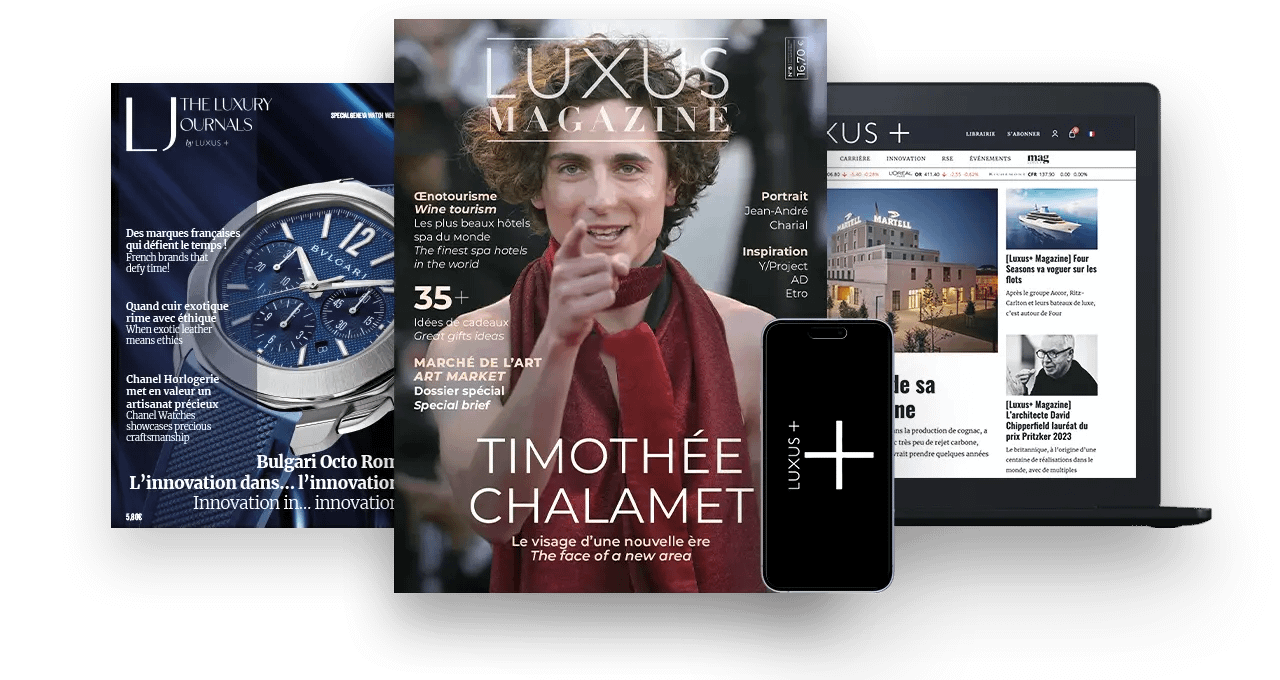This Friday, the Paris Bourse maintains apparent stability despite global economic challenges. While Thursday’s close of Wall Street, Germany’s budget crisis and concerns over China are influencing markets, investors remain attentive to economic indicators and geopolitical developments.
The Paris Bourse opened flat on Friday, posting a slight decline of 0.04%. At around 1:30 p.m., the CAC 40 index held steady, rising by 0.18% to 7,290.47 points.
This stability follows a 0.24% rise the previous day, bringing the CAC 40’s total gain to 0.65% since the start of the week.
In France, business start-ups fell by 1.4% in October, mainly due to a drop in micro-entrepreneur registrations, according to Insee.
Wall Street returns
The closure of Wall Street on Thursday, due to the Thanksgiving holiday, was felt worldwide, with trading volumes down. This Friday, the New York Stock Exchange resumes trading for half a session. It will close its doors at 7 p.m. (Paris time), three hours earlier than usual, due to Black Friday, which marks the start of Christmas shopping.
The current period raises questions about the resilience of American consumption. Despite the resilience seen so far, signs of weakness are appearing, with a slight drop in retail sales in October and a decline in consumer confidence.
Investors are therefore adopting a wait-and-see attitude, ahead of “the publication of the US PMIs (manufacturing index), which could signal a further economic deceleration capable of reassuring the US central bank” (Fed), believes John Plassard, investment specialist at Mirabaud.
Budget crisis in Germany
In Europe, investors took note of the final figures from the Federal Statistical Office, confirming a 0.1% contraction in the German economy in the third quarter compared with the second. This decline is attributed to the energy crisis affecting the manufacturing sector. The correction to the fall in GDP is 0.4% year-on-year, modifying the previous estimate of -0.3%.
The country is preparing to suspend, for the fourth year running, its rule of strict limitation of the public deficit, in an attempt to resolve a national budgetary and political crisis. The news, which came the day before, “sent German bond yields tumbling”, observed Swissquote Bank analyst Ipek Ozkardeskaya.
In Germany, the IFO business climate indicator for November is also on Friday’s agenda.
“The German economy has become one of the eurozone’s growth laggards. With cyclical and structural headwinds, the ongoing repercussion of ECB monetary policy tightening, the lack of a reversal in the inventory cycle and geopolitical uncertainties, it’s hard to see Germany’s economic stagnation stopping any time soon,” comments ING’s Head of Macroeconomics, Carsten Brzeski.
Concerns in China and impact on Luxury Goods
Investors are keeping a close eye on geopolitical developments in the Middle East, notably the truce between Israel and Hamas in the Gaza Strip, marking a first step towards the end of hostilities after weeks of conflict.
But it is China that has investors worried, with the slowdown of the country’s major companies. Stock markets posted significant declines yesterday, Thursday November 23, with Shanghai down 0.68% and Hong Kong down 1.96%. These fluctuations had an impact in France, influencing share prices sensitive to the Chinese market, particularly in the luxury goods sector.
Read also>PARIS BOURSE RECORDS A WEEK OF GAINS AMID SLOWING INFLATION
Featured photo : ©Wikipédia






































